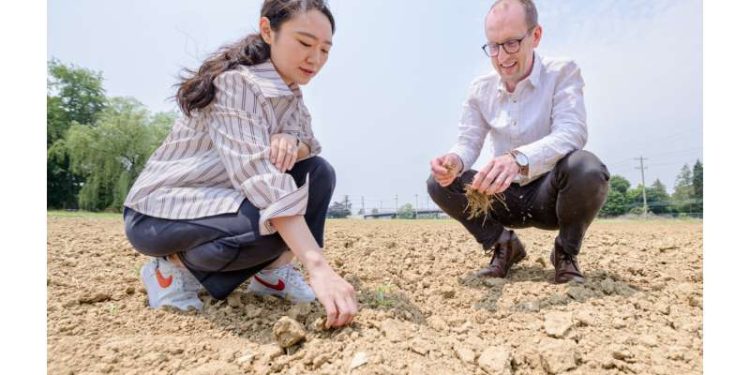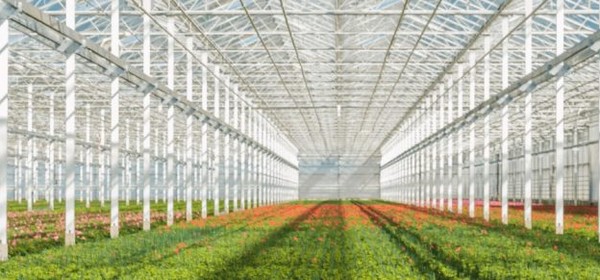This article delves into the critical issue of climate variability and its impact on agricultural productivity. Drawing on the latest data and research, we explore the challenges posed by climate fluctuations and unveil strategies that farmers, agronomists, agricultural engineers, farm owners, and scientists can employ to enhance crop resilience in the face of a changing climate.
Climate variability poses significant challenges to the agricultural sector, impacting crop yields and livelihoods worldwide. According to a recent study published on Phys.org, researchers have been investigating the complex relationship between climate patterns and crop production to devise effective strategies for managing climate variability. In this article, we delve into the latest findings and explore potential solutions to help farmers adapt and build resilience in the face of an unpredictable climate.
Agriculture is highly susceptible to the adverse effects of climate variability, including extreme weather events, temperature fluctuations, and changing rainfall patterns. These factors can disrupt planting schedules, affect crop growth and development, and increase the incidence of pests and diseases. In order to address these challenges, researchers and agricultural experts have been examining data from diverse sources to better understand the relationships between climate and crop performance.
The study highlighted in the Phys.org article emphasizes the importance of adopting a holistic approach to mitigate the impacts of climate variability on agricultural systems. It emphasizes the need for integrated strategies that combine agronomic practices, precision farming technologies, and climate-smart techniques. By leveraging data-driven decision-making, farmers can optimize their practices and adapt to the changing climate, thereby safeguarding their crop yields and ensuring long-term sustainability.
Furthermore, the study emphasizes the significance of investing in crop diversification and resilient varieties. By cultivating a diverse range of crops that are better suited to specific climatic conditions, farmers can reduce their vulnerability to climate extremes and enhance their adaptive capacity. Additionally, the development and adoption of resilient crop varieties that exhibit tolerance to heat, drought, or waterlogging can play a crucial role in sustaining agricultural productivity under changing climatic conditions.
In conclusion, the challenges posed by climate variability necessitate proactive measures and adaptive strategies in agriculture. By integrating climate data, employing precision farming technologies, diversifying crops, and promoting resilient varieties, farmers and agricultural stakeholders can bolster their capacity to withstand climate fluctuations. While the road ahead may be challenging, the collective efforts of farmers, agronomists, agricultural engineers, farm owners, and scientists working in agriculture hold the key to building a resilient and sustainable food system for future generations.
Tags: climate variability, crop resilience, adaptive strategies, precision farming, climate-smart agriculture, crop diversification, resilient varieties, agricultural sustainability, climate data analysis











